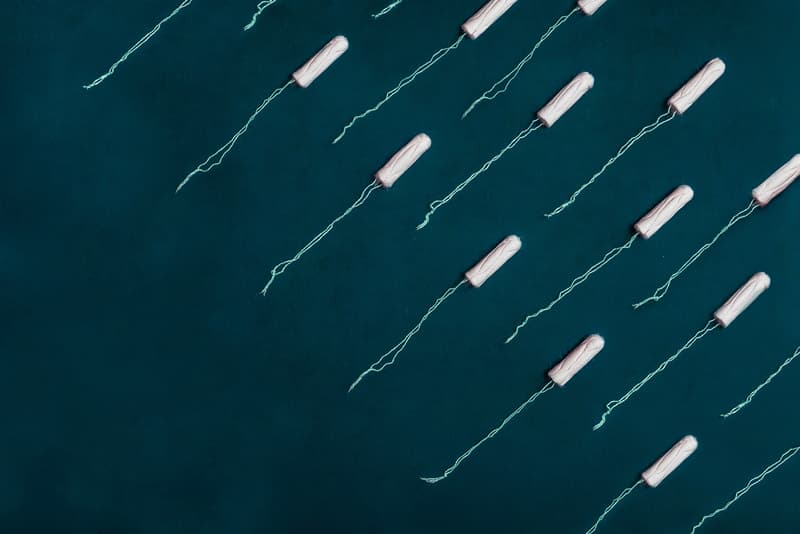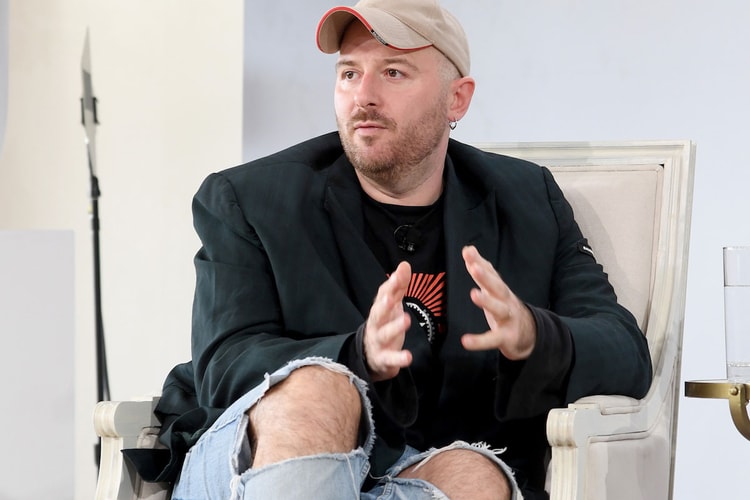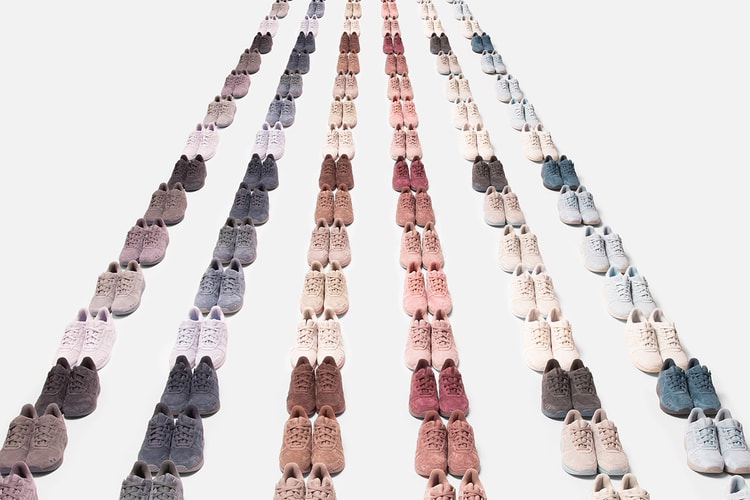
Scotland Becomes First Country to Mandate Free Access to Pads and Tampons
The country takes a major stride towards ending “period poverty.”
UPDATE (November 25, 2020): Scotland has become the first country in the world to provide free period products to those who need them. Scottish Parliament voted unanimously to pass the Period Products Act, which places a legal duty on local authorities to make tampons and pads available to anyone, free of charge.
The act is a move to reduce “period poverty,” or the struggle many women face to pay for sanitary products. According to a study by global children’s charity Plan International U.K., 30 percent of girls are affected by period poverty, a number that has increased during the pandemic. “Once access to period products is secured for all, our next steps must be ensuring women’s health in general remains high on the political agenda in Scotland and that we end all stigma around menstruation,” said Monica Lennon, the lawmaker who drafted the Period Products Act.
ORIGINAL STORY (February 28, 2020): Scotland is set to be the first country in the world to end “period poverty” and provide free sanitary products to women of all ages. According to The New York Times, lawmaker Monica Lennon submitted a bill to make pads and tampons free across the board, which was passed by the Scottish Parliament on February 25. Mandu Reid, the leader of the Women’s Equality Party, told the publication:
“Period poverty is an issue that affects women and girls across the UK, with more than a quarter having missed work or school because they couldn’t afford or didn’t have access to menstrual products. A decade of austerity has pushed many women into a desperate financial situation and many have been forced to use makeshift items, shoplift or simply go without these basic necessities.”
Free menstrual products are already available to high school, college and university students. However, according to Plan International UK, around 10 percent of girls in the UK are unable to afford their standard period products, while 19 percent of females have no choice but to use substitutes like rags, newspapers and toilet paper.
Details on when this regulation will take effect have not yet been disclosed. In the meantime, these are seven reasons why you should be tracking your period.






























